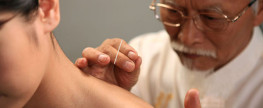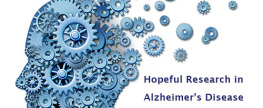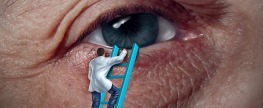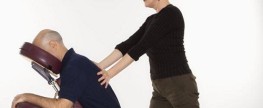
With the cost of Western medicine skyrocketing, many are looking to alternative medicine for more affordable, and possibly, more effective treatments. With around $82 billion dollars being spent on prescription medication for the elderly, seniors could benefit greatly from exploring alternative medical treatments, such as acupuncture. Acupuncture is an ancient Chinese treatment that uses needles to stimulate specific acupressure points in the body. In this alternative healthcare system, pain and illness are viewed as a sign that your body is out of balance. Acupuncture treats each person based on his or her individual needs, rather than using the same treatment for every person showing the same signs of a particular illness. Just because two people share the same medical diagnosis, does not mean that they will share the same acupuncture treatment, as the cause of illness will vary from person to person. Physical, emotional and mental conditions all are taken into account, and the main goal of an acupuncture treatment is to balance the body, thus erasing the root cause of illness, rather than just treating a byproduct of it. Although acupuncture is rising in popularity, many people still know little or nothing about it, especially since it’s just entered the mainstream world in the last twenty years. In order to give you some insight on what acupuncture is, we’ve answered some general questions about it below: What Does an Acupuncture Treatment Consist Of? Most often, acupuncture involves several weekly or bi-weekly treatments, with most treatments involving about 12 sessions. You’ll be asked to lie down, either face-up or facedown, or on your side depending on where the treatment needs to be administered. Your acupuncturist will insert single-use, disposable needles into acupuncture points in your body. The needles then...









